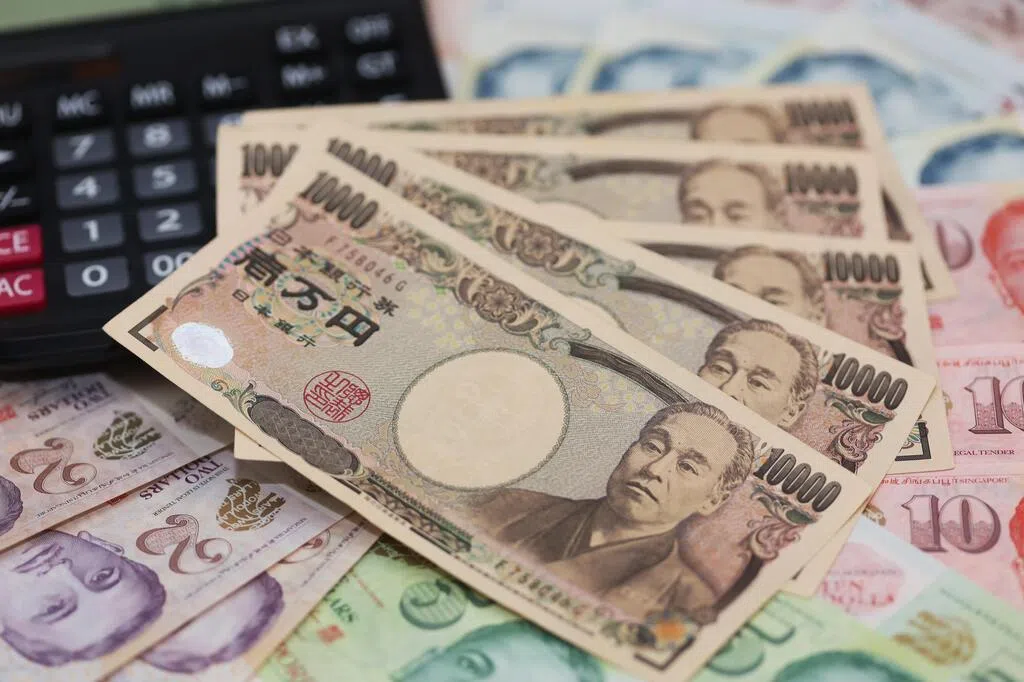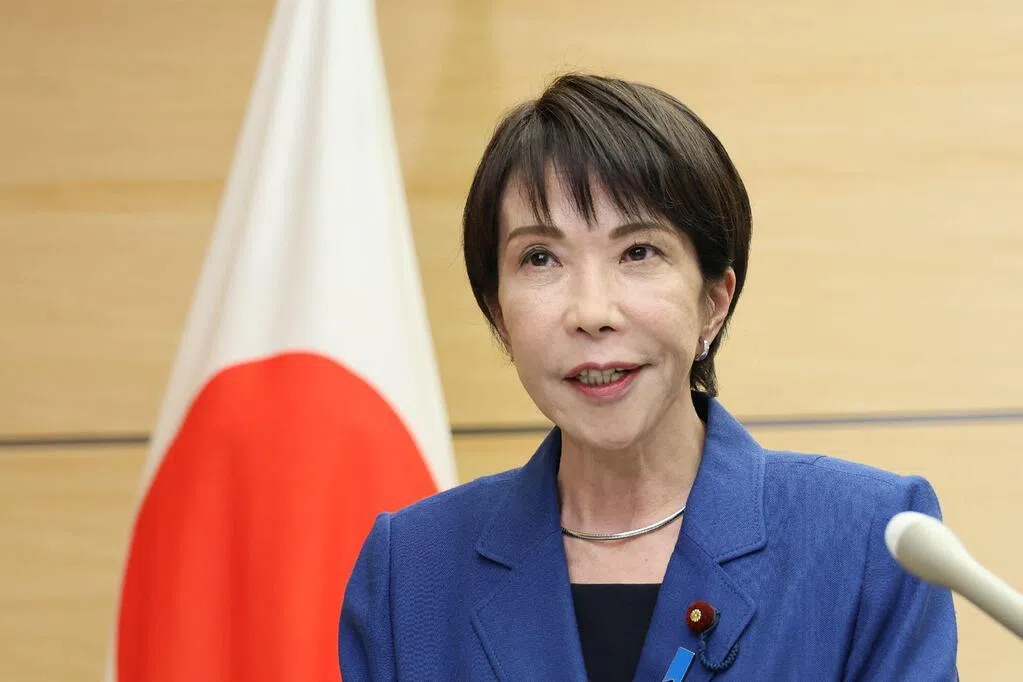On the first month of her term in office, Japanese Prime Minister Sanae Takaichi unveiled a massive economic stimulus package, vowing to eliminate inflationary pressures and pave the way for a strong economy. Analysts have expressed doubts about the effectiveness of Takaichi's package, suggesting that her increased fiscal spending will lead to a surge in Japan's debt.
The Japanese Cabinet approved Takaichi's first economic package since taking office on Friday (November 21), amounting to 21.3 trillion yen (approximately S$180 billion), the largest since the COVID-19 pandemic.
Takaichi's goals are threefold: first, to protect people's livelihoods and address rising prices; second, to revitalize the Japanese economy through crisis management investment and investment in the technology sector; and third, to expand defense spending and diplomatic strength.
Regarding measures to combat rising prices, the authorities have allocated 2 trillion yen to prioritize subsidies for local governments, of which approximately 400 billion yen will be used for measures to address rising food prices, such as issuing rice coupons and electronic vouchers that can be used to purchase daily necessities.
To support families with children, Takaichi announced that every child under the age of 18 will receive 20,000 yen.
Further Reading


Regarding revitalizing the economy, in addition to continuing to fund emerging fields such as green transformation, artificial intelligence (AI), and semiconductors, economic support measures also incorporate areas related to economic security advocated by Kaohsiung City, such as establishing public-private partnership investment frameworks for critical minerals and cybersecurity.
The report points out that Kaohsiung City's commitment to strengthening defense, as pledged to the United States, is also a reason for this expansion of economic spending. To achieve the goal set in the National Security Strategy of limiting defense spending to 2% of GDP, she has already allocated approximately 1.1 trillion yen in the current fiscal year's budget.
Japanese public opinion questions the effectiveness of the policy. During a speech at the Prime Minister's Office regarding economic measures, Prime Minister Takaichi emphasized, "What Japan needs to do now is not excessive fiscal tightening, but rather to adopt proactive fiscal policies to strengthen national power. Given the increasingly severe international situation, we will fundamentally strengthen our defense capabilities. We will also strengthen our human resource base and create an environment where those who defend the nation can proudly fulfill their duties. Through these efforts, we will transform the public's anxieties about their current lifestyle and future into hope, building a strong economy. This will make the Japanese archipelago stronger and more prosperous."
However, Japanese public opinion questions the effectiveness of Takaichi's bold fiscal spending policy, arguing that the seemingly endless fiscal expansion will lead to an increase in national debt. Japan's national debt is 250% of its GDP, the highest among major economies, and the market has already reacted negatively.
Given Japan's heavy reliance on imported food, energy, and raw materials, the Asahi Shimbun pointed out that the yen has been weak since Takaichi took office. If the yen continues to weaken, energy and food prices may continue to rise, at which point the anti-inflation subsidies in the economic package may be insufficient.
Japanese Finance Minister Satsuki Katayama said on Friday that "appropriate measures will be taken to deal with foreign exchange fluctuations," which is seen as a strong indication of intervention in the yen's exchange rate.



